I was raised Catholic, and even though I’d consider myself an atheist today, I’d be lying if I said that old Catholic guilt doesn’t still haunt me.

A lot of people, for whatever reason, tend to carry the weight of the world on their shoulders and feel terrible for putting themselves first and doing what’s right for them. If this sounds like you, I’m here to tell you something: You need to stop! You should never, ever feel guilty for these things (easier said than done, I know, but I’m serious).
1. You shouldn’t feel guilty for taking time off work.
 Source: Unsplash
Source: Unsplash Whether it’s a mental health day or a well-deserved holiday, taking time off is really important for your wellness and productivity. Your job will survive without you for a while, and recharging your batteries ultimately benefits both you and your workplace. Remember, time off is part of your compensation package – you’ve earned it.
2. Stop feeling guilty for saying ‘no’ to social invitations.

It’s perfectly acceptable to decline invitations when you’re not up for socialising. Prioritising your need for rest or alone time doesn’t make you a bad friend. In fact, setting boundaries and knowing your limits can lead to more meaningful interactions when you do choose to socialise.
3. Don’t feel guilty for ending toxic relationships.

Cutting ties with people who consistently bring negativity into your life is an act of self-care, not selfishness. You’re not responsible for maintaining relationships that drain you or impact your mental health negatively. It’s okay to put yourself first and surround yourself with positive influences.
4. You shouldn’t feel guilty for enjoying food.
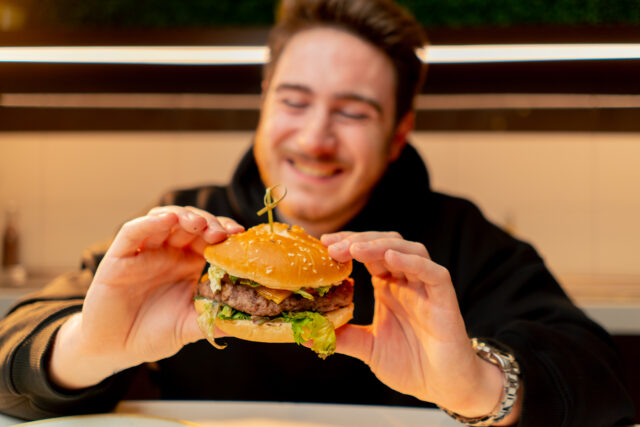
Food is not just fuel; it’s also a source of pleasure and cultural connection. Enjoying a delicious meal or indulging in a treat doesn’t make you weak or undisciplined. A healthy relationship with food includes savouring what you eat without constant guilt or self-judgment.
5. Stop feeling guilty for taking naps.

Napping isn’t lazy; it’s a natural way to recharge. Many cultures embrace midday rest, and science supports its benefits for cognition and productivity. If your body is telling you it needs rest, listening to it is a sign of self-awareness, not laziness.
6. Don’t feel guilty for spending money on yourself.

Investing in your own comfort, joy, or personal growth is not selfish. Whether it’s a new gadget, a course, or a spa day, treating yourself occasionally is part of a balanced life. As long as you’re meeting your financial responsibilities, self-directed spending can be a form of self-care.
7. You shouldn’t feel guilty for not being constantly productive.

Downtime is essential for creativity, problem-solving, and mental health. Not every moment needs to be filled with tasks or achievements. Allowing yourself periods of rest or even boredom can lead to renewed energy and fresh ideas when you return to your tasks.
8. Stop feeling guilty for outgrowing friendships.

As we evolve, it’s natural for some friendships to fade. This doesn’t negate the value these relationships once had. Recognising when a friendship no longer serves you or aligns with your values is a sign of personal growth, not disloyalty.
9. Don’t feel guilty for prioritising your mental health.
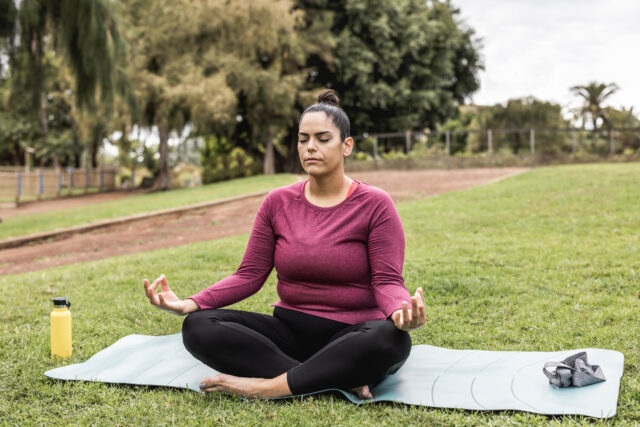
Taking care of your mental health, whether through therapy, meditation, or simply setting boundaries, is crucial. It’s not selfish to put your mental health first; it’s necessary. You can’t pour from an empty cup, as they say.
10. You shouldn’t feel guilty for changing your mind.
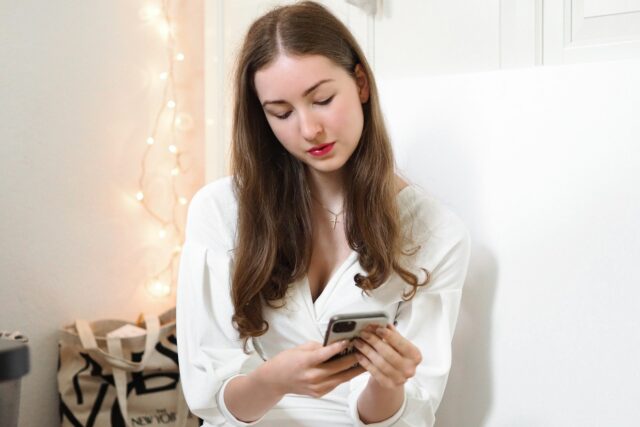 Source: Unsplash
Source: Unsplash Changing your opinion or decision as you gain new information or perspective is a sign of growth, not weakness. It takes courage to admit when your views have shifted. Embracing this flexibility allows for personal development and more authentic interactions.
11. Stop feeling guilty for not replying to messages immediately.

Constant connectivity can be overwhelming. It’s okay to take your time responding to non-urgent messages. Setting healthy boundaries around your digital communication helps maintain your peace of mind and allows you to engage more meaningfully when you do respond.
12. Don’t feel guilty for asking for help.

Asking for help when you need it is a sign of strength, not weakness. Everyone needs support sometimes, and asking for help can lead to stronger relationships and better outcomes. It also gives other people the opportunity to feel valued and useful.
13. You shouldn’t feel guilty for your success.

Celebrating your achievements doesn’t diminish anyone else’s journey. Your success is the result of your hard work and dedication. Embracing your accomplishments can inspire people and boost your confidence for future endeavours.
14. Stop feeling guilty for having different values than your family.

As you grow and experience the world, it’s natural to develop values that may differ from those you were raised with. This doesn’t mean you’re betraying your family; it means you’re becoming your own person. Respectful disagreement can lead to meaningful dialogue and mutual understanding.
15. Don’t feel guilty for taking a career break.

Whether it’s to travel, start a family, or simply reassess your path, taking a break from your career can be a valuable experience. It’s not a setback; it’s an opportunity for growth, reflection, and potentially discovering new passions or directions.
16. You shouldn’t feel guilty for setting boundaries with family.
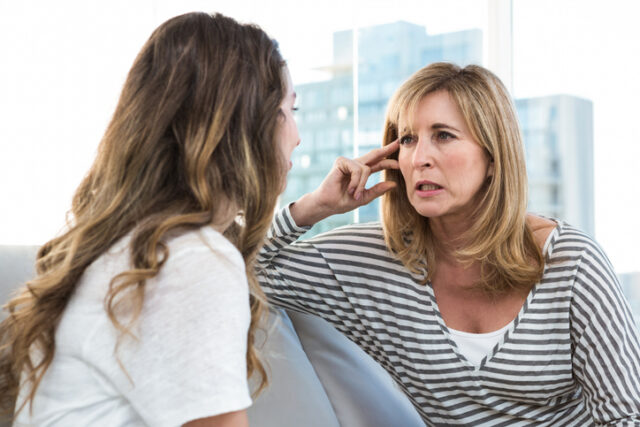
Family relationships can be complex, and setting healthy boundaries is crucial for your well-being. This might mean limiting contact with toxic relatives or establishing rules for interactions. Remember, you can love your family while still protecting your peace.
17. Stop feeling guilty for not finishing books you don’t enjoy.

Life’s too short for books that don’t captivate you. Abandoning a book you’re not enjoying doesn’t make you less intelligent or cultured. It simply means you’re prioritising your time and looking for content that truly engages and enriches you.
18. Don’t feel guilty for taking sick days.
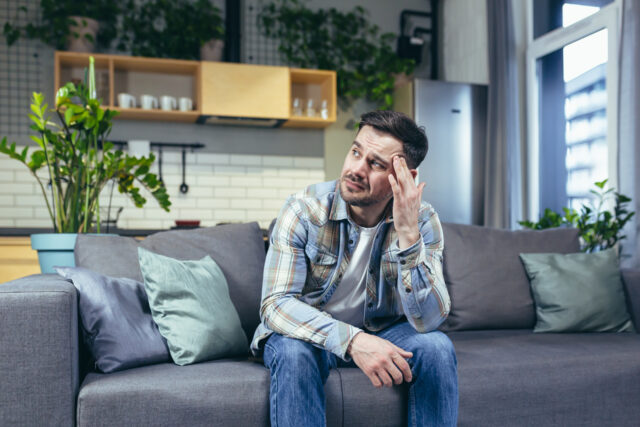
Resting when you’re unwell is crucial for your recovery and prevents the spread of illness to colleagues. Taking sick days when you need them is responsible, not lazy. Your health should always be a priority, and most tasks can wait until you’re feeling better.
19. You shouldn’t feel guilty for your emotional reactions.

Your feelings are valid, even if other people don’t understand them. Crying, getting angry, or feeling overwhelmed are natural human responses. Instead of feeling guilty about your emotions, focus on understanding them and expressing them in healthy ways.
20. Stop feeling guilty for wanting more from life.

Aspiring for personal growth, better circumstances, or new experiences is not a sign of ingratitude. It’s healthy to acknowledge areas where you’d like to improve or change. Embracing your ambitions can lead to a more fulfilling life and inspire those around you.




